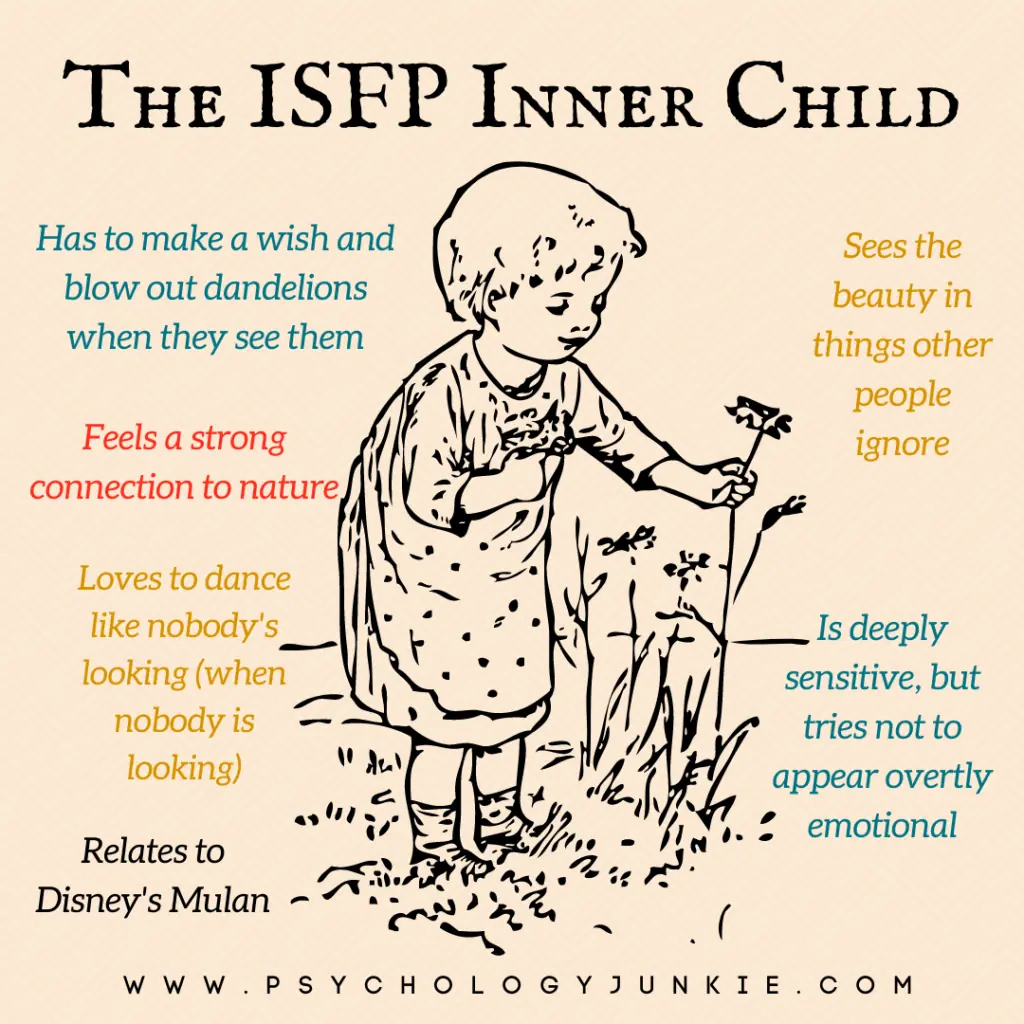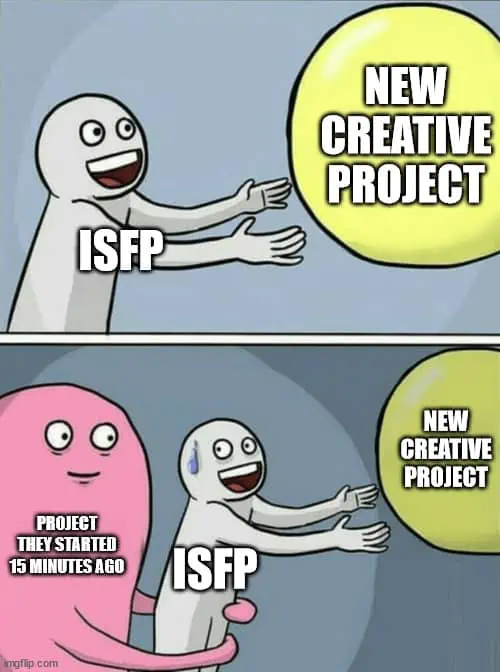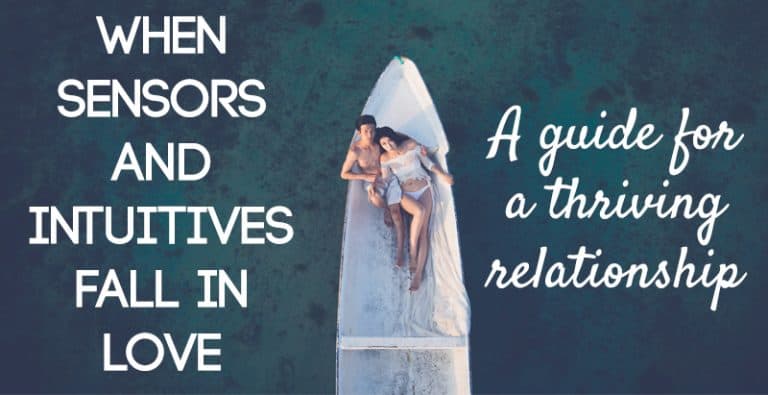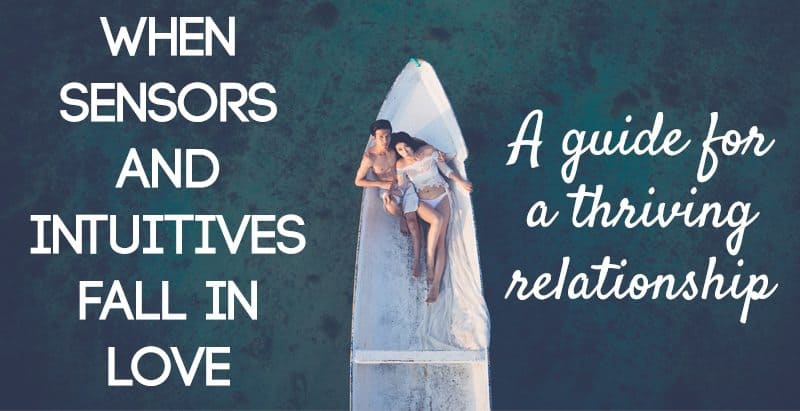Living Without Limits: Why ISFPs Need Freedom to Thrive
So you’ve discovered that you’re an ISFP and you’re curious about why freedom feels so essential to you. You want to dive into the nooks and crannies of your personality and make sense of the mystery that is you. Today I want to look at one of the integral needs you have as an ISFP: the need for freedom. Let’s dive deep into what makes your need for freedom, creativity, and exploration such a core part of who you are.
The Essence of Your Freedom
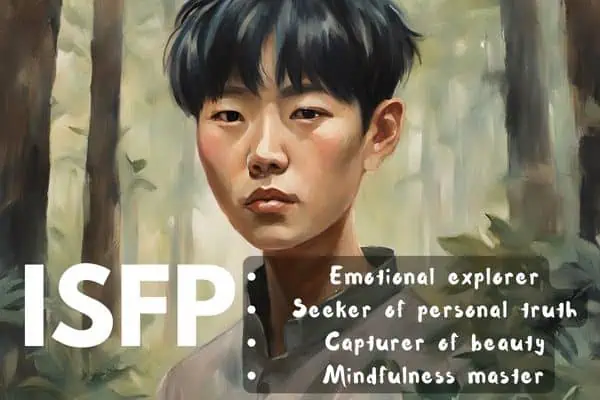

Imagine it’s the weekend, and your schedule is completely open. You wake up slowly, savoring the comfort of your bed as sunlight filters through your curtains. There’s no agenda, no obligations—just a world of possibilities waiting for you to explore. Maybe you’ll pick up that guitar riff that’s been playing in your head, take a spontaneous road trip, or wander through a local art gallery soaking in inspiration. This boundless sense of choice and spontaneity isn’t just pleasant for you; it’s where you truly come alive.
As an ISFP, freedom isn’t a luxury—it’s a necessity. It allows you to connect deeply with your inner self, follow your instincts, and immerse yourself in experiences that bring you joy and fulfillment.
Renowned psychologist David Keirsey captures this when he says, “ISFPs live Epicurean lives in the here and now, and as gracefully as possible. They do not plan and prepare. Submergence in their artistry is not preparation for something later; rather they experience intensely, now.” This intense, present-moment living is where you find your magic.
Living Through Your Senses and Values
You have this incredible ability to interact with the world through your senses, absorbing and appreciating the beauty in everyday moments. Whether it’s the taste of a perfectly brewed cup of coffee, the sound of leaves rustling in the wind, or the texture of paint on a canvas, these sensory experiences feed your soul and inspire your creativity. You believe life is meant to be savored in every detail that others miss, every moment that others let pass them by. You believe in quietly seizing the beauty of each moment and immersing yourself in all the beauty and joy it has to offer.
But it’s not just about sensory pleasure. Your values and ethics are the compass guiding your journey. You strive to live authentically, making choices that align with what truly matters to you.
Psychologist Linda Berens reflects this sentiment, stating, “Life is a process of taking advantage of opportunities and being free to do so is like a dream come true. [ISFPs] somehow know how to stick with what’s important and not sell out to the opportunities.” This means that while you embrace spontaneity, you also have a deep sense of what aligns with your core beliefs and won’t compromise on that.
The Drive for Creative Expression
Creativity for you isn’t just an activity—it’s a form of expression and communication. You have an innate desire to bring something unique into the world, something that reflects your inner landscape and emotional world. You’re so quiet on the outside, but inside you have a boundless world of rich emotions, desires, passions, and beliefs. This could manifest in countless ways: composing music that resonates with your emotions, crafting a dish that delights the senses, capturing poignant moments through photography, or designing a garden that becomes a personal sanctuary.
Think about the last time you lost yourself in a creative project. Time seemed to fade away, and you were fully immersed in the process, feeling both peaceful and exhilarated. These moments of creative flow are essential—they’re how you process your experiences, express your identity, and contribute something meaningful to the world around you.
The Impact of Restriction
On the flip side, when your freedom is restricted, it can feel stifling. Rigid schedules, excessive rules, or environments that don’t allow for creativity and spontaneity can drain your energy and dampen your spirit. You might feel trapped or disconnected from yourself when you can’t follow your instincts or pursue what inspires you.
As an example, being stuck in a monotonous job with little room for innovation can leave you feeling unfulfilled and restless. Similarly, relationships that are controlling or lack understanding of your need for independence can be emotionally exhausting. You don’t want a dozen text messages blowing up your phone when you’re two minutes late to arrive home! It’s important for you to have spaces in your life where you can breathe freely, explore, and just be yourself without judgment or constraint.
Cultivating a Life of Freedom and Meaning
So, how can you nurture this need for freedom in your everyday life? Here are a few ideas:
- Create Open Spaces in Your Schedule: Give yourself unstructured time where you can pursue whatever catches your interest in the moment. This could be as simple as setting aside an hour each day to explore a new hobby or just daydream.
- Seek Out Inspiring Environments: Surround yourself with places and people that stimulate your senses and creativity. Visit museums, attend live music events, or spend time in nature to recharge and find inspiration.
- Honor Your Values: Make decisions that align with your personal ethics and what you find meaningful. Whether it’s choosing work that makes a positive impact or taking part in volunteer activities, staying true to your values will bring you a profound sense of contentment.
- Embrace Spontaneity: Give yourself permission to make last-minute plans or change course when something intriguing arises. These spontaneous adventures often lead to the most memorable and enriching experiences.
- Foster Authentic Relationships: Build friendships with people who understand and respect your need for independence and self-expression.
- Practice Mindfulness: Engage fully in the present moment to enhance your sensory experiences and connect more deeply with your true self. Mindfulness practices like meditation, deep breathing, and grounding can really help you tune into your best qualities as a sensor.
- Balance Solitude and Community: While you deeply value your alone time, make time for communities that share your interests and passions. This balance allows you to recharge while also finding inspiration and support from others.
Overcoming Challenges
Life isn’t always conducive to the freedom you crave, and that’s okay. There will be times when responsibilities and obligations limit your spontaneity. During these periods, try to find small ways to inject creativity and flexibility into your routine. Maybe it’s trying a new recipe for dinner, taking a different route on your daily walk, or spending a few minutes journaling your thoughts and ideas.
What Do You Think?
How have you invited more freedom into your life or coped with a life that has a lot of structure and pressures? Let us and other readers know in the comments! Your story matters.
Find out more about your personality type in our eBooks, Discovering You: Unlocking the Power of Personality Type, The INFJ – Understanding the Mystic, and The INFP – Understanding the Dreamer. You can also connect with me via Facebook, Instagram, or Twitter!
Other Articles You Might Enjoy:
Why ISFPs Struggle with Loneliness and How to Cope


